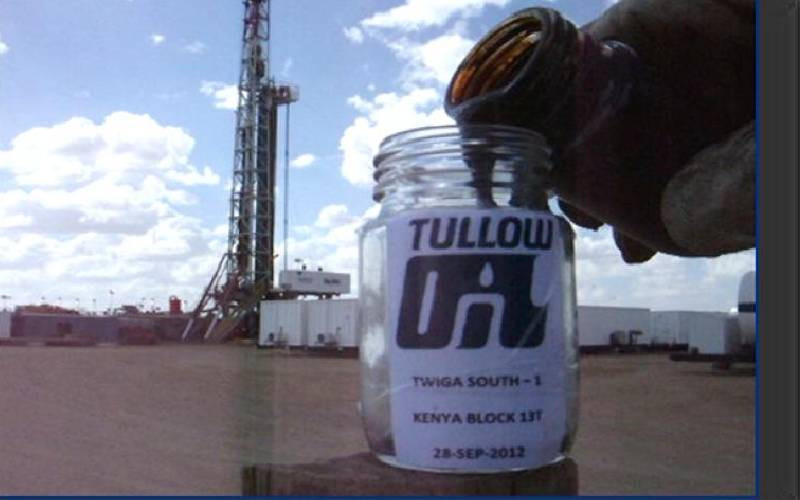×
The Standard e-Paper
Stay Informed, Even Offline
Emboldened by the new Constitution and growing connectivity, people are increasingly using ICT platforms to report cases of corruption in the economy, writes FREDRICK OBURA
In a Bribery Index released last year by Transparency International, corruption in Kenya remains high in comparison to the other countries in the East Africa region.







